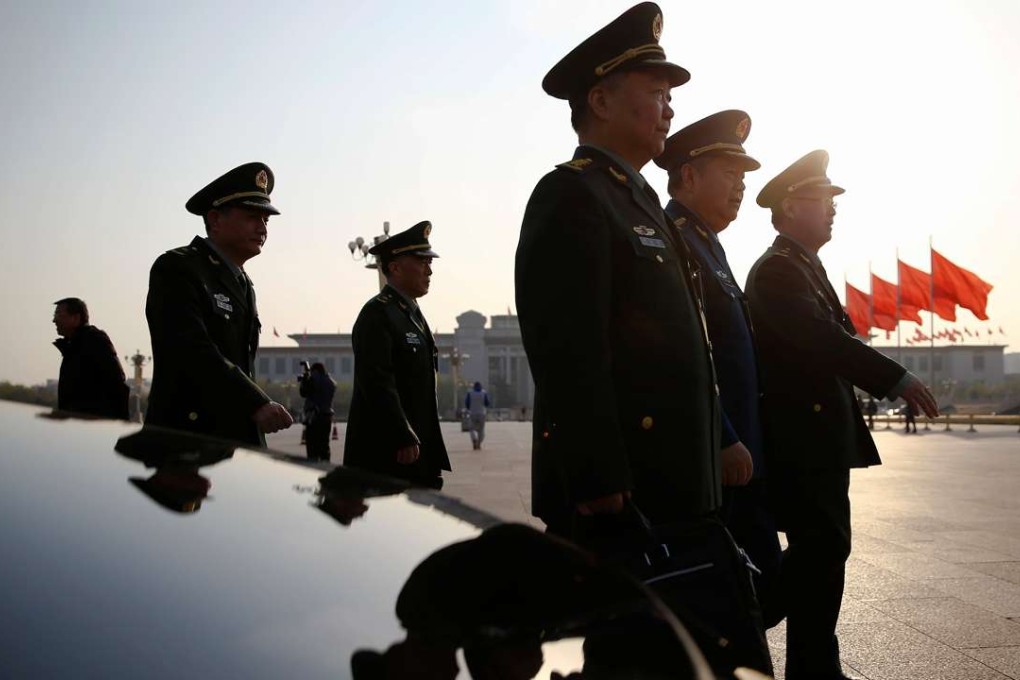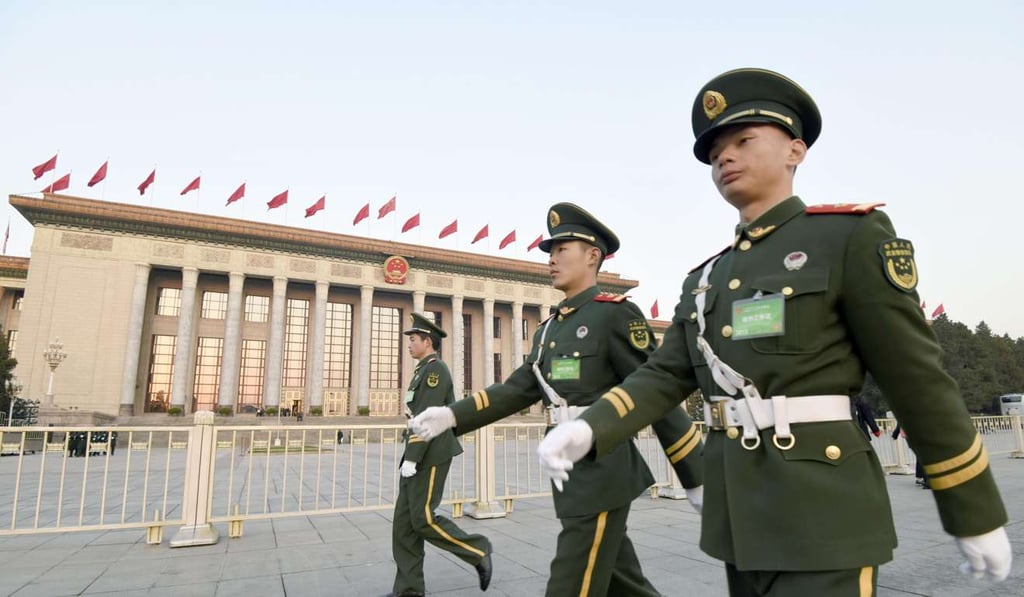Smog returns to Beijing as China’s big political gala ends
Air quality expected to worsen further as factories restart production

The air quality worsened visibly in Beijing as the annual plenary meeting of China’s parliament drew to an end on Wednesday, with Premier Li Keqiang vowing to earmark special funds to research any currently unknown causes of smog.
The Air Quality Index in the capital as measured by the US Embassy climbed above 150 on Wednesday morning from a reading of around 50 a day earlier, an unhealthy level at which people begin to experience health effects.
The pollution is expected to worsen further in the next two days partly because some polluting factories surrounding Beijing are expected to resume production, after being closed during annual meetings of the China People’s Political Consultative Conference and the National People’s Congress – together known as the “two sessions”.

The Chinese capital city saw a number of clear days and blue skies during the meetings over the last two weeks, with the AQI largely remaining below 100, classified as good to moderately air quality, except for a brief spike on Friday and Saturday.
The Chinese authorities have often adopted interim measures, such as closing factories and construction sites temporarily, to create “blue skies” for key political events, such as the annual gathering of the legislature delegates in March, the Asia-Pacific Economic Cooperation summit in Beijing in 2014 and the G20 summit in Hangzhou last year.